Psicología de los colores: El Color Rojo
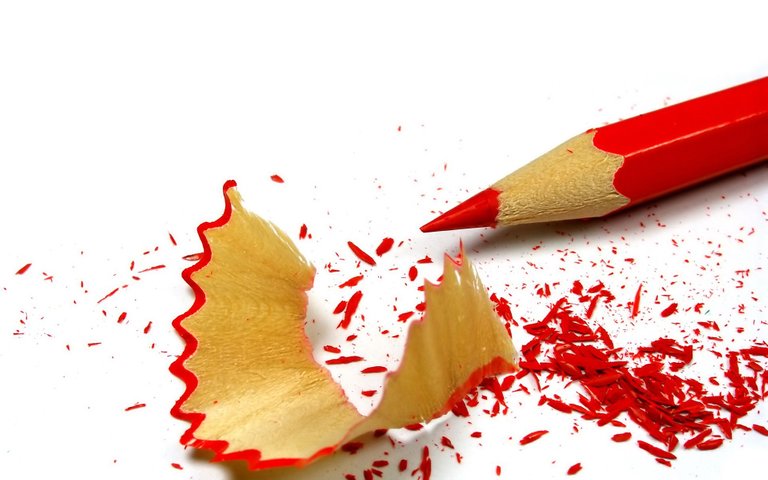
Probablemente el primer color al que el ser humano puso nombre sea al color rojo. Es también probablemente el primero que los recién nacidos pueden ver, y cuando se invita a alguien a que nombre espontáneamente un color, casi siempre dice rojo, aunque éste no sea su preferido.
Pero antes de continuar aclarar que el rojo totalmente puro, es decir, el que no contiene mezcla alguna ni de amarillo ni de azul (los otros dos colores primarios), se denomina magenta. Muchos lo llaman ‘pink’ y lo tienen por una especie de violeta. Lo que tomamos por rojo puro es técnicamente magenta con mezcla de amarillo.
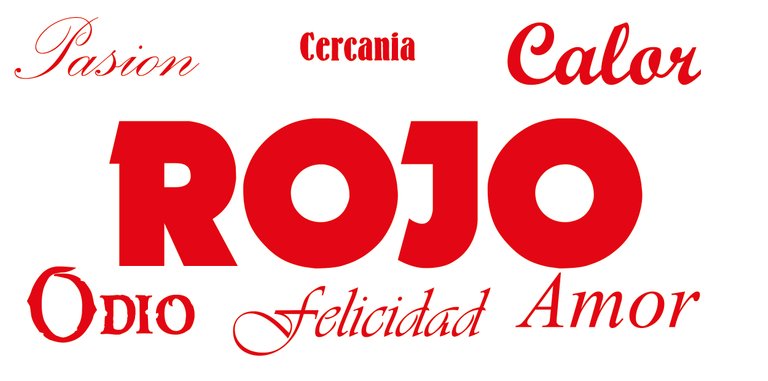
Amor y Odio, Calor y Pasión
Del amor al odio el rojo es el color de todas las pasiones, las buenas y las malas. En este caso las experiencias dan origen a los símbolos: la sangre se altera, sube a la cabeza y el rostro se ruboriza por timidez, enamoramiento o por ambas cosas. También enrojecemos por vergüenza, por ira o por excitación. Cuando perdemos el control de la razón lo vemos todo rojo.
El rojo, el naranja y el amarillo son los colores del fuego, de las llamas y, por ende, los colores del calor. Rojo y naranja son también los colores principales de la pasión, de la sangre ardiente, pues la pasión puede arder y consumir como el fuego. Si pensamos en las llamas, automáticamente nos las imaginamos de color rojo, aunque las llamas son amarillas o azules.
El fuego es imagen de lo divino; es Dios mismo: en muchas religiones los dioses se aparecen como nubes de fuego. Moisés ve a Dios como una zarza ardiente. El espíritu santo se aparece como una llama.
Felicidad, Cercanía y Extraversión
También es el color principal de la felicidad. Esta idea es especialmente popular en China: como en los restaurantes a menudo se celebran eventos felices, en la mayoría de ellos abunda el color rojo.
También los niños chinos visten principalmente de rojo y las mujeres chinas se casan vestidas con este color. Los días festivos del calendario también se marcan en rojo por su presunta festividad y buena suerte.
La cercanía y la extraversión también son cualidades asociadas al rojo. Es, por lo general, el color de los extrovertidos. En este contexto el color opuesto es el azul. Azul es lo frío, lo lejano, lo inmaterial.
En el antiguo simbolismo, el rojo es el color de la materia, por ser la materia lo cercano y tangible. Este simbolismo está aún vivo: Madonna lleva en su videoclip ‘Material Girl‘ (que trata sobre una mujer interesada en cosas materiales como las joyas y el dinero) un vestido de color rojo.
Ningún otro color es tan materialista. Rojo y azul son colores psicológica mente contrarios.
Guerra, Peligro, Prohibido
Es el color de la guerra a través de la fuerza, la agresividad y la excitación. A Marte, el dios de la guerra, se le atribuía el color rojo, el color de la sangre, por eso el planeta Marte es el planeta rojo (además de por como percibimos su color).
El rojo da fuerza por eso los guerreros iban vestidos de este color o se pintaban con él. Antes de las batallas, los uniformes rojos permitían avistar desde lejos al enemigo lo que contribuía a que a veces triunfara la razón: ante la visión de un gran ejército, los enemigos inferiores en número huían
Representa el peligro y lo prohibido. En la regulación del tráfico el rojo es el color más importante. La luz roja de los semáforos implica parar, no pasar porque se pondría en peligro a los demás. Las señales también usan este color en sus prohibiciones. El simbolismo de los semáforos se ha extendido a otros ámbitos.
Los frenos de emergencia y los botones de alarma son rojos. En los globos, el cabo del que sólo puede tirarse para hacerlos descender es rojo. Una luz roja en la puerta de un estudio radiofónico o de una sala de operaciones prohíbe el acceso. En fútbol, un jugador tiene prohibido seguir jugando cuando el árbitro le enseña una tarjeta roja.
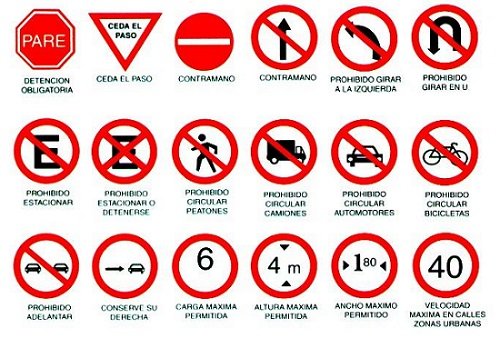
Algunas señales de prohibición
Esta fue la primera parte del Post Psicología del color lo hice por parte para no hacerlo tan largo
Gracias por pasarte por mi post espero te haya gustado y gracias por tu me gusta
Psychology of colors: The Red Color

Probably the first color to which the human being named is the color red. It is also probably the first one that newborns can see, and when someone is invited to spontaneously name a color, it almost always says red, although this is not their preferred one.
But before continuing to clarify that the pure red, that is to say, the one that does not contain any mixture of either yellow or blue (the other two primary colors), is called magenta. Many call it 'pink' and have it for a kind of violet. What we take for pure red is technically magenta with a mixture of yellow.
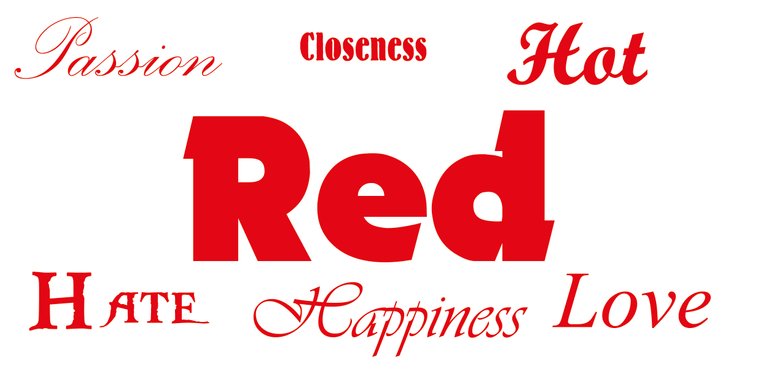
Love and Hate, Heat and Passion
From love to hatred, red is the color of all passions, good and bad. In this case the experiences give rise to the symbols: the blood is altered, goes up to the head and the face blushes because of shyness, falling in love or both. We also redden by shame, anger or excitement. When we lose control of reason we see everything red.
Red, orange and yellow are the colors of fire, of flames and, therefore, the colors of heat. Red and orange are also the main colors of passion, of fiery blood, for passion can burn and consume like fire. If we think of the flames, we automatically imagine them red, although the flames are yellow or blue.
Fire is the image of the divine; it is God himself: in many religions the gods appear as clouds of fire. Moses sees God as a burning bush. The holy spirit appears as a flame.
Closeness and extraversion are also qualities associated with red. It is, in general, the color of extroverts. In this context the opposite color is blue. Blue is the cold, the distant, the immaterial.
In the old symbolism, red is the color of matter, because matter is the close and tangible. This symbolism is still alive: Madonna has in her video 'Material Girl' (which is about a woman interested in material things like jewelry and money) a red dress.
No other color is so materialistic. Red and blue are psychologically contrary colors.
War, Danger, Prohibited
It is the color of war through force, aggression and excitement. Mars, the god of war, was attributed the color red, the color of blood, that is why the planet Mars is the red planet (besides how we perceive its color).
Red gives strength for that reason the warriors were dressed in this color or painted with it. Before the battles, the red uniforms allowed the enemy to be seen from afar, which contributed to the fact that sometimes the reason triumphed: before the vision of a great army, the enemies inferior in number fled
Represents the danger and the prohibited. In traffic regulation, red is the most important color. The red light of the traffic lights implies stopping, not passing because it would endanger others. Signs also use this color in their prohibitions. The symbolism of the traffic lights has been extended to other areas.
The emergency brakes and the alarm buttons are red. In balloons, the rope from which you can only jump to make them descend is red. A red light on the door of a radio studio or an operating room prohibits access. In football, a player is prohibited from continuing to play when the referee shows him a red card.

Some prohibition signs
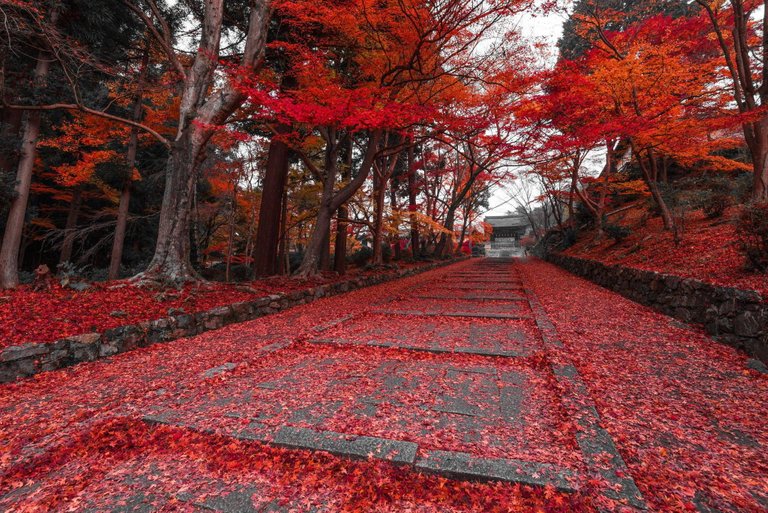
Muy buen post, la información esta bastante completa y bien estructurado con sus imágenes. Solo tengo una recomendación: usar las etiquetas del habla hispana como spanish o castellano para llegar al público adecuado 😉
@sweetdesserts Gracias por la recomendación!!!
Muy completa la explicación, me gusto mucho! Saludos.
:D gracias y me alegra mucho que le haya gustado... saludos.